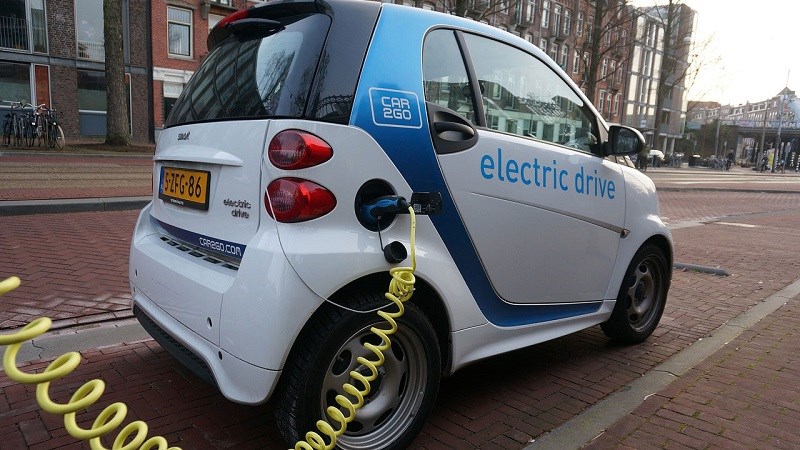
After Italy won the Euro 2020 football championship, our stock of the week poll has an Italian theme. In a Twitter version of a penalty shootout, our followers have put oil company Eni (ENI) in the back of the net, but sent former stock of the week Enel wide of the post.
Like all major oil companies, Eni is facing up the existential threat of the low carbon transition, and like rival Royal Dutch Shell (RDSB) has pledged to go “net zero” by 2050. And like Shell, Morningstar analysts think Eni’s shares are undervalued and the company has no economic moat due to the challenges of the oil and gas industry in the coming decades. Our analysts think that the Italian government’s majority stake in the business could weigh on shareholder returns in the future.
Eni was caught up in the great 2020 sell-off in global oil stocks and shares have not recovered to pre-pandemic levels. The share price collapsed to below €7 in March 2020, but have since bounced back to just below €10, still a way off the fair value estimate of €13.10. Eni offers a yield of over 3% ans is expected to buy back shares this year. Most listed oil companies have benefited from the sharp rally in oil prices this year to around $75 per barrel, from below $50 at the start of the year. But Morningstar analysts are still forecasting a long-term oil price $60 per barrel, at which level Eni cannot make the returns needed to gain an economic moat. Because the oil industry is such a capitally intensive industry, the “return on capital employed” (ROCE) is a key figure for measuring profitability. Analyst Allen Good notes that Eni’s ROCE has dropped from 15% between 2010 and 2014 when oil prices were higher, to 7.5% over the past three years, even though its production costs are lower than rivals.
How credible are Eni’s efforts to go net zero? Good says that Eni’s decarbonisation plans are multi-pronged. The company plans for natural gas to make up 90% of the portfolio by 2050, but it is also planning to use forests as carbon sinks to offset emissions. Carbon sinks are natural reservoirs that absorb more emissions from the atmosphere than they emit like forests, oceans, and soil. “Eni’s primary ESG risk stems from carbon emissions in its operations and use of its products, emissions, effluents, and waste generated in operations such as oil spills and poor community relations,” he says.
Good adds that carbon taxes are likely to be a risk to companies like Eni. “We expect carbon taxes to gain greater adoption over time but think the impact on hydrocarbon demand remains more than a decade away. Furthermore, a key element of Eni’s strategy is reducing emissions, even Scope 3, which leaves it well positioned in an environment with higher carbon costs,” he says.
Like other oil companies, Eni plans to deal with ESG risks by increasing its renewable power generation, in its case from around 1GW now to 5GW by 2025, 15GW by 2030 and over 60GW by 2050. But, while this is likely to gain approval from governments and energy consumers, this move to green energy is unlikely to be that profitable. “We typically consider renewable generation, particularly solar, where Eni is focusing its efforts (60% of renewable generation) not to be moatworthy since it holds little opportunity for competitive advantages while returns are typically low,” Good says.
“Eni might be able to leverage its experience gained from offshore oil and gas developments to carve out a cost advantage in offshore wind, but that remains to be seen as it will likely remain a relatively small player that lacks the scale for a cost advantage.” He also points out that the rush to renewable energy in Europe could produce excess supply at some point, which is great for consumers who will have lower energy bills, but bad for profit margins.





























